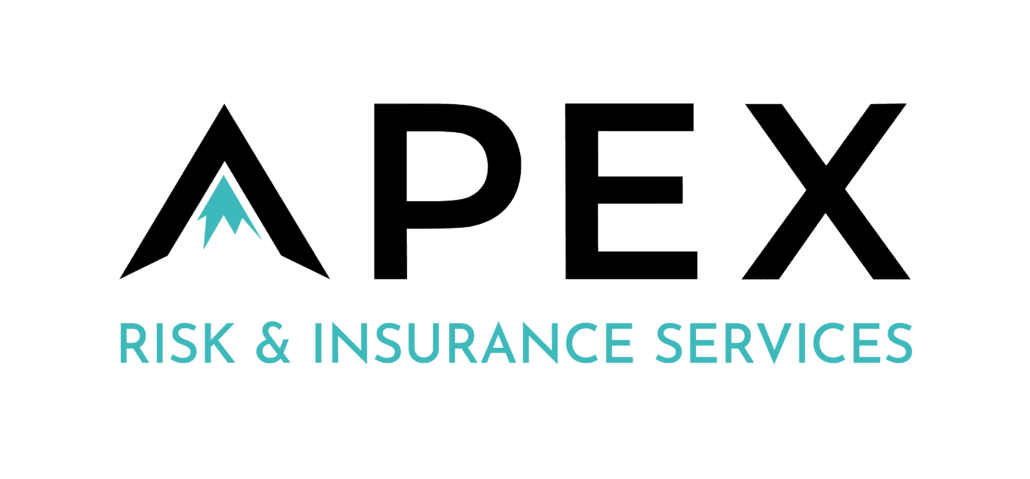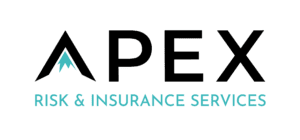Shielding Nonprofits: The Power of Directors & Officers Liability Insurance
Nonprofit organizations play a vital role in our communities, working towards various social causes and missions. However, like any entity, they are not immune to legal challenges and disputes. What many nonprofits may not realize is that board members can be held personally liable for the organization’s actions. This is where Nonprofit Directors & Officers (D&O) Liability insurance becomes crucial.
Watch the video below as Peter Katkov, founder of Apex Risk and Insurance Services, explains D&O insurance.
In this blog, we will delve into what D&O Liability insurance for nonprofit organizations is, why it matters, and who should consider it.
The Importance of Nonprofit Directors & Officers Liability Insurance
Nonprofit D&O Liability insurance is a specialized policy designed to safeguard the interests of nonprofit organizations and their board members when faced with lawsuits or allegations of wrongful acts. These wrongful acts can range from financial mismanagement to breaches of duty or even alleged errors in decision-making. Without proper coverage, both the organization’s mission and the personal assets of board members are at risk.
Why Nonprofits Need D&O Liability Insurance
Nonprofit organizations, regardless of their size, can find themselves entangled in legal disputes. These disputes may arise from various sources, including vendors, donors, competitors, employees, or government regulators. The potential costs of legal fees and damage awards can be crippling for nonprofits without adequate protection.
D&O Liability insurance for nonprofit organizations is tailored to address these challenges. It provides financial support for legal defense costs, settlements, and judgments that may result from lawsuits brought by various parties. These suits can allege a wide range of issues, from actual errors to misleading statements, breach of duty, or misuse of funds and authority.
Who Should Consider D&O Liability Insurance for Nonprofits
D&O Liability insurance for nonprofits is essential for safeguarding an organization’s mission and the personal assets of its directors and board members. If your nonprofit falls under any of the following categories, you should strongly consider obtaining this coverage:
Nonprofit Organizations of All Sizes: Whether you’re a small community-based nonprofit or a larger, well-established organization, the risk of legal disputes is ever-present. D&O Liability insurance provides a safety net for all.
Directors and Board Members: This coverage helps attract and retain qualified individuals to serve on your board. Knowing that their personal assets are protected can encourage highly skilled professionals to take on leadership roles.
Features of Nonprofit Directors & Officers Liability Insurance
Nonprofit D&O Liability insurance offers a range of features designed to mitigate risks specific to nonprofit organizations. Some of the key aspects of this coverage include:
Protection for the Organization: The policy covers defense costs, settlements, and judgments associated with claims against nonprofit organizations.
Personal Asset Protection: It also extends protection to the personal assets of the organization’s directors and board members.
Common D & O Scenarios Faced by Nonprofits
Financial Mismanagement
Accusations of financial mismanagement can encompass a wide range of issues, including embezzlement, improper accounting practices, or misallocation of funds. Such allegations can lead to costly legal battles, and board members may be held personally liable if they are found responsible.
Employee Disputes
Employee-related legal disputes are not uncommon in nonprofits. These may involve claims of workplace discrimination, wrongful termination, harassment, wage disputes, or failure to comply with labor laws. Directors and officers may face personal liability if the organization is found at fault.
Vendor and Supplier Disputes
Disagreements with vendors or suppliers over contracts, deliveries, or payments can result in lawsuits. Board members may be brought into these disputes, particularly if their decisions or actions are under scrutiny.
Donor Disputes
Donors who believe that their contributions were not used as intended or were misappropriated can take legal action. Board members can be personally sued if donors allege that they failed in their fiduciary duty.
Regulatory Compliance Issues
Nonprofits are subject to various regulations and tax laws. Noncompliance with these rules can lead to government investigations and legal actions. Board members can be held accountable for governance oversight lapses.
Contractual Disputes
Disputes arising from contracts, whether with other organizations, service providers, or employees, can result in legal challenges. Board members involved in contract negotiations may be named in lawsuits.
Board Decision-Making
Board decisions that are perceived as detrimental to the organization or stakeholders can trigger legal actions. Board members might be personally liable if their actions or votes are scrutinized in court.
Negligence in Governance
Allegations of negligence, poor governance, or mismanagement by board members can lead to legal claims. Demonstrating sound governance practices is crucial to avoid such disputes.
Mergers and Acquisitions
When nonprofits engage in mergers, acquisitions, or collaborations, they face legal complexities. Disputes may arise during negotiations or post-transaction, involving board members.
Intellectual Property Disputes
Accusations of intellectual property violations, such as copyright or trademark infringement, can result in lawsuits against nonprofit leadership if the organization is alleged to have engaged in such activities.
Fundraising and Grant Compliance
Nonprofits must navigate strict regulations when raising funds or managing grants. Noncompliance can result in legal consequences, and board members may be implicated.
Privacy and Data Breaches
Mishandling of sensitive information or data breaches can expose nonprofits to legal actions by affected individuals or regulatory authorities. Board members are expected to oversee data protection practices.
Environmental and Safety Issues
Neglecting environmental concerns or safety hazards can result in legal repercussions. If board members are found to have ignored such issues, they may face personal liability.
Beneficiary Disputes
Disagreements with beneficiaries, program recipients, or stakeholders over benefits, services, or obligations can lead to legal challenges. Board members may become embroiled in such disputes.
For more information, check out our full guide to Directors & Officers insurance, here.
Not Sure if Your Nonprofit Needs D&O?
We use the Apex Proven Process to learn about your nonprofit, strategize to assemble the right program for you, and use our deep industry and market knowledge to leverage the best pricing and coverage, and ultimately help guide your decision-making.
What is the Apex Proven Process?
We take the time to understand the full operations of your nonprofit. We use this information to do a deep dive into the insurance program, asking questions including:
- What coverage do you have?
- What are the limits?
- How much does it cost?
We utilize these comparisons to find where improvements can be made in your program.
Read on to learn what makes Apex different, here.
Learn more about us, here. We are dedicated to providing custom solutions. Learn why every nonprofit, big or small, needs D&O insurance, here.




